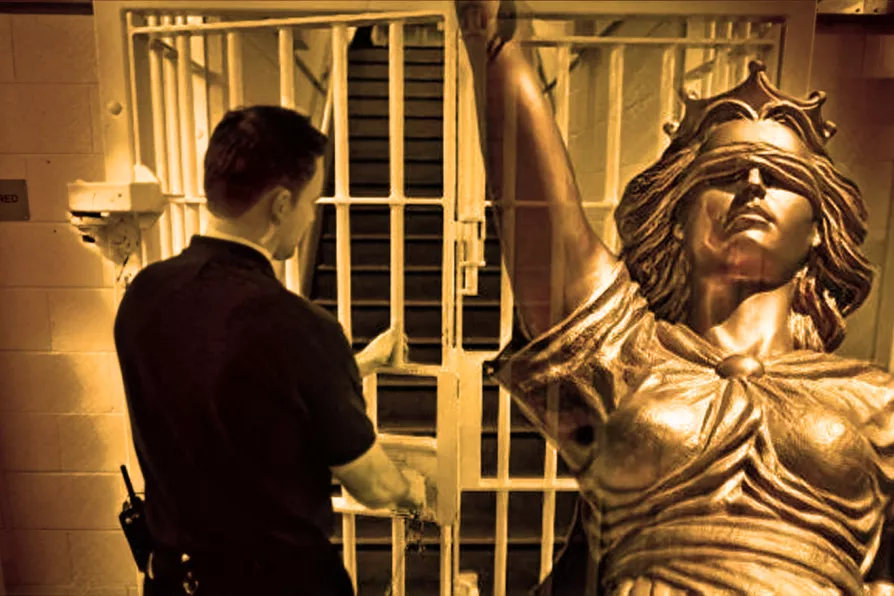As women dominate public services yet face pay gaps, unsafe workloads and rising misogyny, this International Women’s Day and TUC Women’s Conference must be a rallying point, says ANDREA EGAN

 Our criminal justice system is broken, from a decade of court closures causing huge backlogs to a failed privatisation experiment destroying the probation service. But it is in our prisons where savage budget cuts and government negligence and have caused the most damage and created the most danger.
Our criminal justice system is broken, from a decade of court closures causing huge backlogs to a failed privatisation experiment destroying the probation service. But it is in our prisons where savage budget cuts and government negligence and have caused the most damage and created the most danger.
THERE seems to be much more interest in prisons among the public, press and politicians since our last conference a year ago — and that can only be a good thing.
For far too long, the reality of living and working behind bars has been hidden by the high walls and huge gates my members pass through every day to keep their communities safe.
Out of sight, out of mind, so the saying goes. But the pandemic threw a spotlight on the state of our jails and gave people a taste of life under lockdown.

Our members face serious violence, crumbling workplaces and exposure to dangerous drugs — it is outrageous we still cannot legally use our industrial muscle to fight back and defend ourselves, writes STEVE GILLAN

MARK FAIRHURST highlights the main issues facing officers in a long neglected service, and raised by front-line delegates at POA conference last week, including understaffing, violence, bullying and the ongoing denial of workers’ right to strike

Working in a high-risk sector, prison officers’ calls for proper PPE must be heeded – and the POA will be fighting to ensure effective protection at work is delivered, writes MARK FAIRHURST











